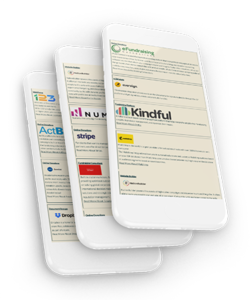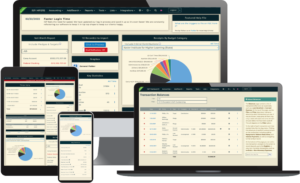SAN DIEGO, CA — At Integrated Solutions: Political (ISP), we have closely monitored the development—or rather, the lack thereof—of California’s campaign finance reporting system. As residents of California and experts in political compliance software, we must express our profound disappointment in the state legislature’s ongoing failures to implement effective solutions. Our latest submission to the California Secretary of State highlights these concerns, particularly with the CAL-ACCESS Replacement System (CARS) Project.

Outdated Systems and Missed Deadlines
The CAL-ACCESS system, now 25 years old, has become notoriously unstable, causing frequent outages that disrupt the legally required reporting by political committees, major donors, and lobbyists. The risks associated with this outdated system grow daily, yet, despite being six years and millions of dollars past the deadline for a new system, no significant progress has been made.
Why the Project Failed
From the onset, we anticipated the failure of the CARS project due to fundamental flaws in its execution—chief among them, the selection of developers lacking relevant expertise and a reliance on outdated development methodologies. Success in such a complex arena hinges on a deep understanding of the sector and a flexible, agile approach to development. Unfortunately, the state’s criteria for vendor selection favored firms ill-equipped for the task, sidelining those who had this critical expertise.
Restricting potential vendors to those who have already implemented statewide systems ensures the selection of a firm without the relevant skills and knowledge. The Secretary of State’s office will only find the expertise required in smaller, agile firms with successful track records of integrating their 3rd party systems with state filing systems across the country.
Critical Evaluation of Development Methodologies
The failure of the CARS project underlines a persistent issue in public sector software projects—relying on traditional, rigid project management methods. These ‘waterfall’ methodologies involve extensive planning and linear execution, which unfortunately do not accommodate changes easily or allow for iterative improvements based on real-world testing and user feedback.
Software architecture diverges significantly from the architecture of physical structures. The traditional waterfall development method is cumbersome and inflexible, requiring developers and stakeholders to predict every detailed requirement before initiating a project. This approach is particularly unsuitable for complex, sophisticated software projects, where it essentially becomes a form of educated guessing. Under this method, developers focus solely on meeting the predefined specifications, often neglecting the potential for future modifications and the real-world value to clients. Even when a waterfall project meets technical requirements, it often leads to software that is rigid, inefficient, and brittle—falling short of truly addressing the dynamic needs and desires of its users.
Proposed Shift Towards Agile Methodologies
To rectify this, we advocate for a shift to agile methodologies. Agile development supports frequent updates, adapts to changes quickly, and builds software incrementally, which is crucial for complex, evolving systems like CARS. By implementing agile, the development process can respond to issues in real-time, prioritize user needs, and deliver functional improvements continuously.
Recommendations for Immediate Implementation
Incremental Delivery: Begin with creating smaller, manageable components of the system that can be deployed and tested independently. This approach allows for immediate benefits and quick identification of potential issues that can be rectified in subsequent releases.
User-Centric Feedback Loop: Establish a robust feedback mechanism to integrate suggestions and complaints from the system’s users directly into the development process. This feedback is invaluable for making the software more user-friendly and effective.
Phase-wise Approach: Tackle the project in phases—starting with the most critical functionalities needed by lobbyists, followed by features required by major donors, and finally, those needed by political committees. This prioritization ensures that each user group gets a functional solution to their immediate problems sooner rather than later.






